Sure, 40 is the new 30, but some days you might wonder if your body got the memo. While there are plenty of fabulous things that happen when you turn 40, the trade-off is that you can't skate by health-wise like you could in your 20s and 30s: Your metabolism starts to slow down, your risk factors for certain conditions go up, and it becomes a whole lot harder to neglect your body and get away with it.
That doesn't mean you have to let middle age wreak havoc on your well-being, but you do have to be more careful about avoiding a few common mistakes. Here are a few bad habits to break so you can stay healthy in your 40s and beyond.
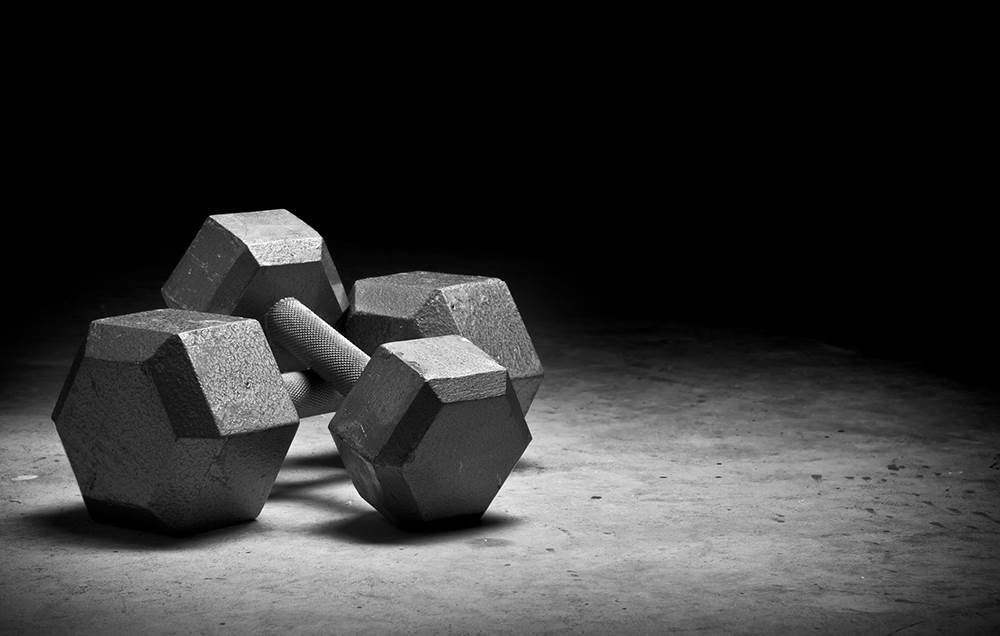

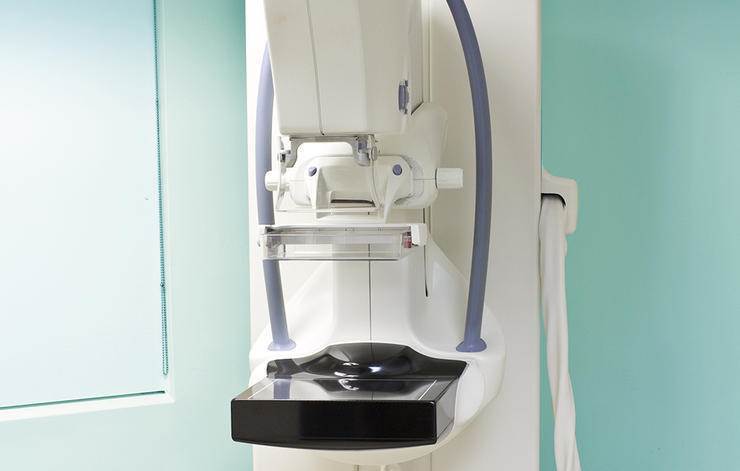


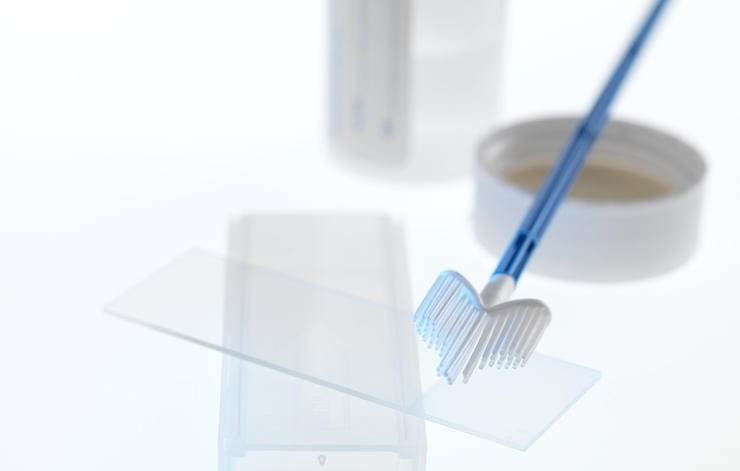
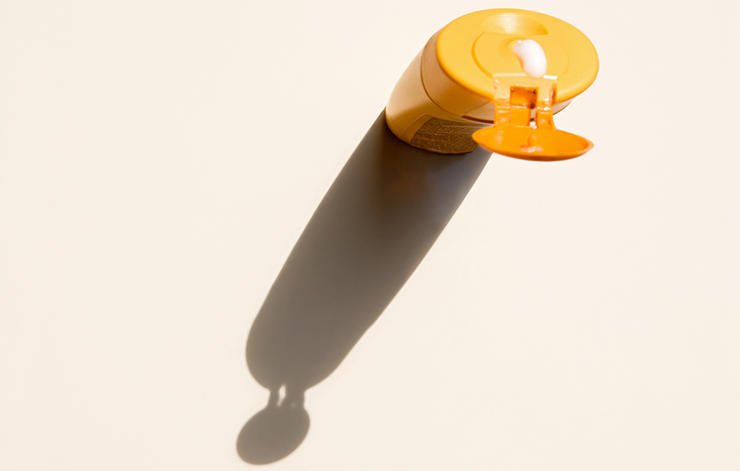
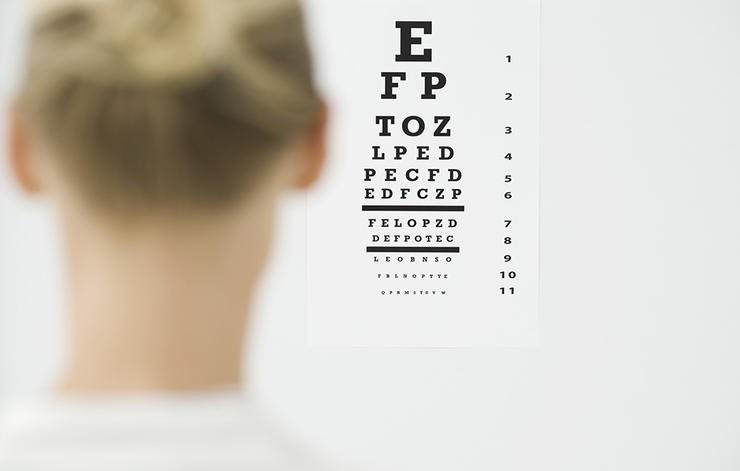
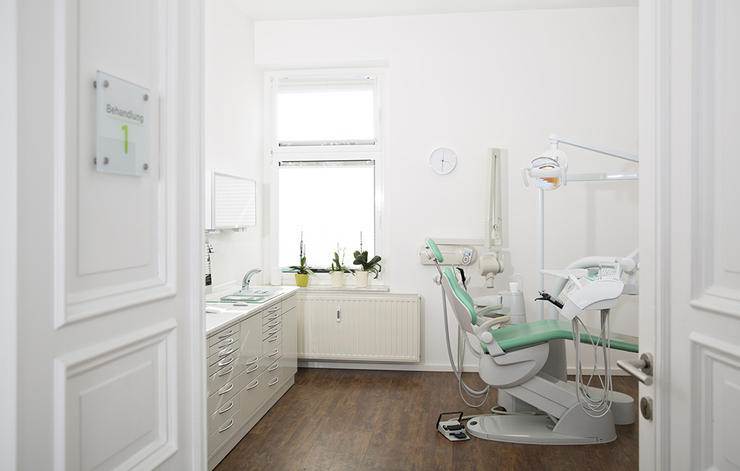

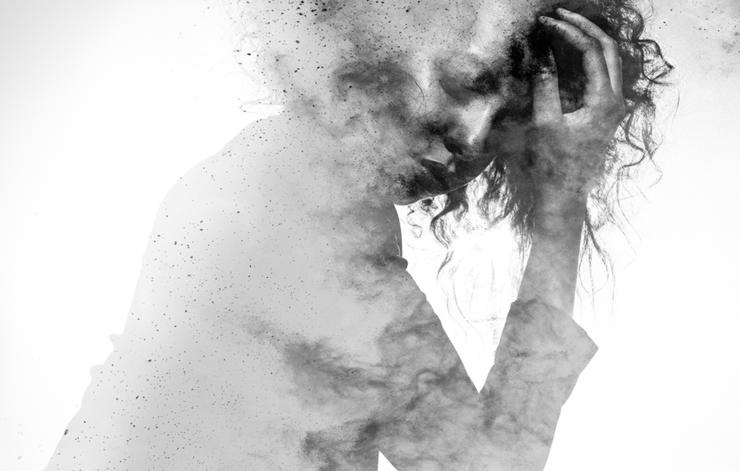
Skipping strength training
There are plenty of reasons to love (or at least tolerate) cardio—it torches calories, improves endurance and reduces your chances of heart attack and stroke —but make sure you're incorporating weights into your workouts, too. "We all begin to lose muscle mass around age 30, and this process accelerates at age 40," says Dr Caroline Apovian.
The problem, she explains, is that muscle mass plays a big role in your basal metabolic rate—the amount of calories you burn at rest—so when you lose muscle mass, your metabolism slows down. Strength training twice a week can help you rebuild muscle and get your metabolism back up to speed.
Giving in to sugar cravings
Think twice before polishing off that tub of ice cream or 1.5L bottle of soft drink. Eating too much sugar can mess with your body's ability to process it, which can lead to insulin resistance and, in turn type 2 diabetes. Since type 2 diabetes is most common in people over 40, it's smart to start cutting back on sugary snacks if you haven't already. It is recommended to keep your sugar intake below 25 grams per day.
Putting off mammograms
When you're in your 30s, your risk of getting breast cancer is 1 in 228. But after you turn 40, the odds jump to 1 in 69, so your doctor will likely recommend that you start getting squished. Dr Sherry Ross advises that most women start mammograms at 40 and continue getting them annually or bi-annually, depending on your personal risk factors.
Letting a bad mood linger
Depression is more prevalent among women than men, and once you turn 40, you're also in the age group most likely to have this condition. But only about 35% of people actually seek help for their symptoms. If you're dealing with sadness, irritability, guilt or loss of interest in stuff you normally enjoy—and your symptoms stick around for more than two weeks—it may be more than just a bad mood. Talk to your doctor to see if you need treatment.
Burning the midnight oil
When your schedule is hectic (and is it ever not hectic?) you may have trouble powering down at the end of the day. You're not alone: many Australians fall short of the recommended 7 hours of sleep a night. And getting a good night's sleep becomes even harder once you hit 40.
"Shifting circadian rhythms, a natural decrease in melatonin and the hormonal side effects of aging can all interfere with getting a good night's sleep," Apovian says. Stick to a consistent sleep schedule, limit your screen time before bed and block out at least 7 hours each night for zzzs.
Ghosting your gyno
At this age, you can typically go five years between Pap smears, as long as you've had normal results up until this point. But that doesn't mean you should skip you gynaecologist visits altogether. You might still need yearly pelvic and breast exams, plus your annual checkup is a great chance to discuss any health issues or hormonal changes you've been experiencing.
Forgetting your SPF
Sunburn is a rite of passage that needs to be left in the distant past. Getting burned is a bad idea at any age, but as you get older, it's even more crucial to protect your skin from damage. "Women over 40 should be applying a facial moisturiser with sunscreen in it every morning," says Dr Robin Evans. And if you've never had a baseline skin exam, schedule an appointment with a derm ASAP—and be sure to check your skin yourself each month for any moles that change in shape, size or colour.
Overlooking eye exams
If you still have perfect vision or your prescription hasn't changed in the past few years, you may not see any reason to rush to the eye doctor. But after you turn 40, you're more likely to experience eye problems that can lead to vision issues, like glaucoma. "Women should start getting comprehensive eye exams once they turn 40, because early signs of vision problems and eye conditions can begin at this age, and the risk increases with each decade afterwards," says Dr Elizabeth.
Slacking on dental care
Most of us occasionally doze off without brushing or fib to the dentist about how often we floss. But as you get older, taking care of your teeth can stave off some serious health issues. For starters, you'll be less likely to lose some of those pearly whites. "Your oral health is also directly connected with your overall health, and is absolutely necessary for keeping gum disease, heart disease, and diabetes at a distance," says dentist Gary Glassman.
Not getting the vitamins you need
"At menopause, decreased oestrogen leads to a rapid loss of bone density," says Dr Alexis Melnick. "Maintaining adequate bone density prior to menopause is crucial for prevention of osteoporosis." In other words, now is the perfect time to make sure you're getting enough calcium and vitamin D—either through your diet or supplements—to support bone health down the road.
Putting everyone else first
In your 20s and 30s when you're building a career or starting a family (or both!), it's easy to put your health on the back burner while you juggle everything else. But make this the year you start taking care of yourself as much as you take care of others. "Start a new mindset, and think of yourself as a priority," says Dr Anne Davis. Schedule an annual checkup with your primary doctor. Find time to exercise. Make sure you're getting any screenings and blood work you need. It's easy to put those things off, but preventive care can help you stay healthy for the decades to come.










